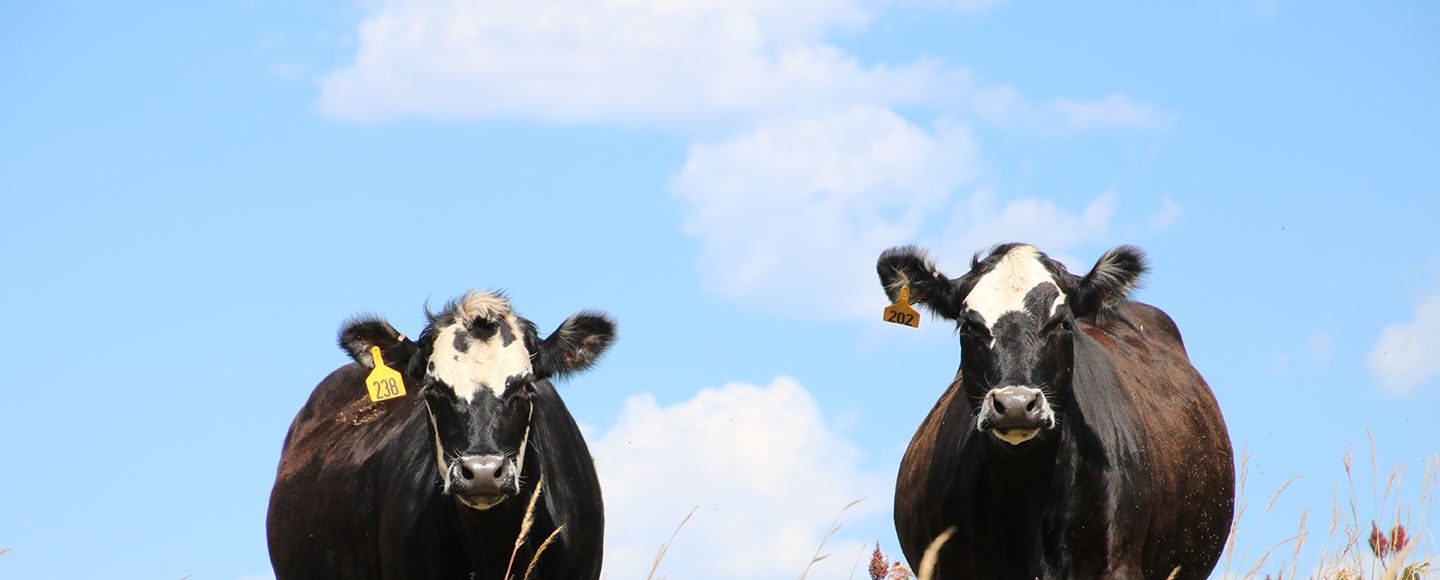
The Kansas Department of Agriculture Division of Animal Health (DAH) has confirmed additional cases of vesicular stomatitis virus (VSV) in horses located across south central Kansas. The virus was first found in Butler County on June 16 and now has been confirmed on more than 30 premises in Butler, Cowley, Sedgwick and Sumner counties.
All premises with confirmed cases of VSV or that have animals showing clinical signs consistent with the virus have been placed on quarantine. In total, more than 60 premises currently are under quarantine in the four counties. A quarantine for VSV lasts at least 14 days after the last animal is diagnosed and is not lifted until a veterinarian examines all susceptible animals on the premises.
VSV is a viral disease that primarily affects horses, but also can affect cattle, sheep, goats, swine, llamas and alpacas. At this time, all confirmed cases of VSV in Kansas are horses, although some cattle have shown clinical signs and confirmatory laboratory results are pending.
“This outbreak is still very active in south central Kansas, and we encourage all owners of horses and other livestock to continue to be vigilant,” said Kansas Animal Health Commissioner Justin Smith. “Monitor your animals for symptoms of VSV and be in communication with your veterinarian if you see anything of concern. The most effective way to slow the spread of this virus is to take aggressive steps to limit exposure to insects that are the primary source of infection.”
In horses, VSV typically is characterized by lesions on the muzzle, lips, ears, coronary bands, or ventral abdomen. Other clinical signs include fever and the formation of blister-like lesions in the mouth and on the dental pad, tongue, lips, nostrils, ears, hooves and teats. The primary way the virus is transmitted is from biting insects like black flies, sand flies and midges. It also can be spread by nose-to-nose contact between animals.
Anyone who suspects animals may have the virus should contact their local veterinarian, as VSV is a reportable disease in Kansas. More information about VSV can be found here.